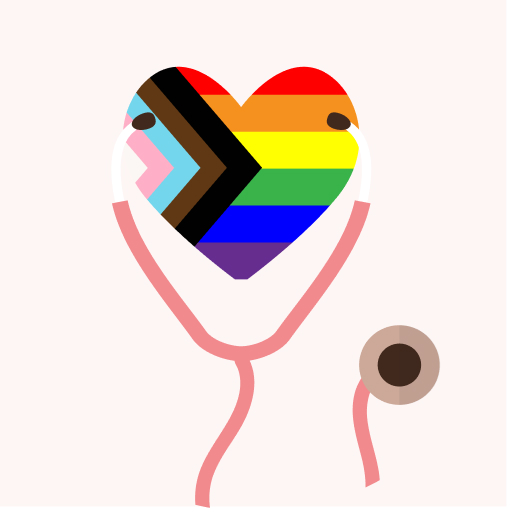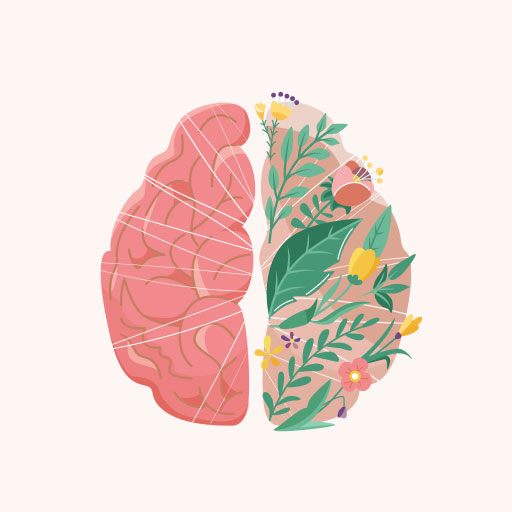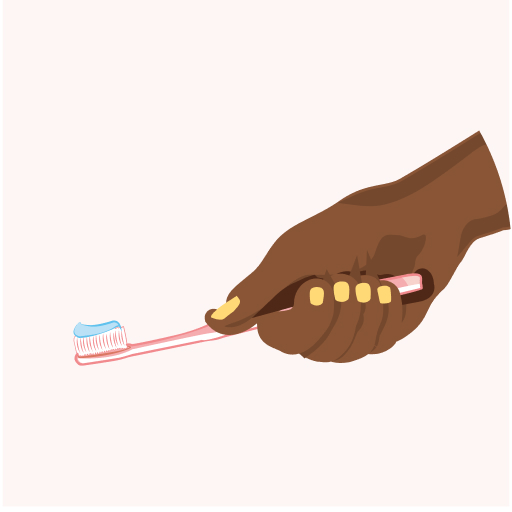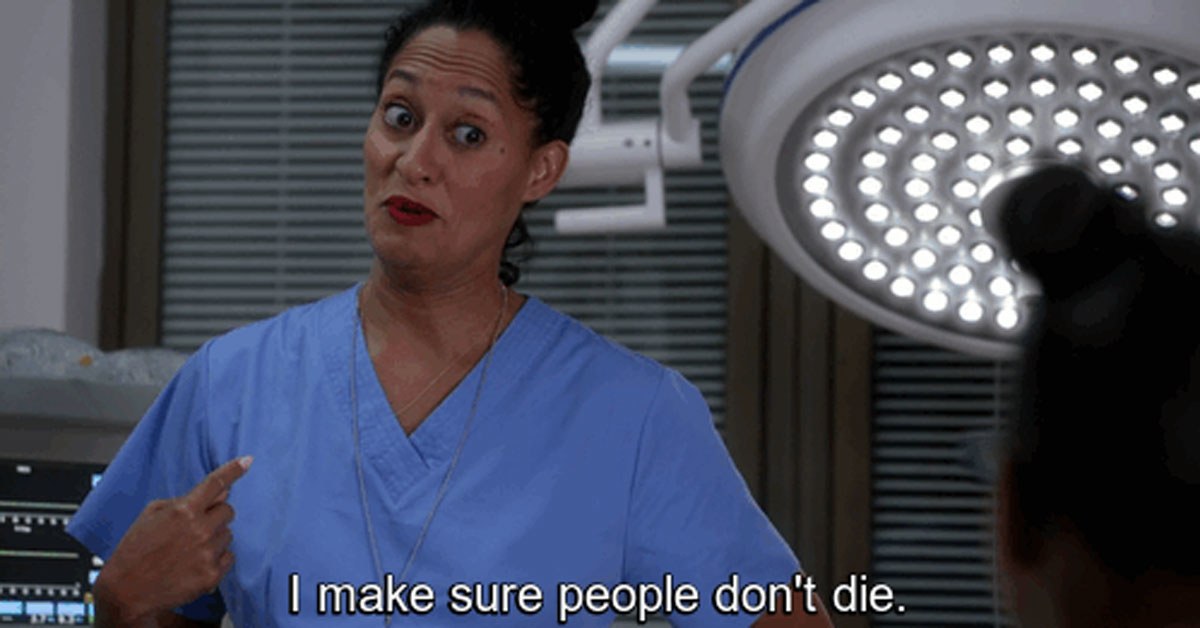
Are You Ready to Be a Mother? Here are 5 Health Tips to Increase Your Fertility
The pressure to become a mother in the black community by a certain age, usually starting in a woman’s early twenties, can be quite stressful for some. What is not being talked about is the issues that many black women face while trying to conceive. Twice as many black women have trouble conceiving compared to white women, 12% and 7% respectively. Infertility is defined by the Mayo Clinic as “trying to get pregnant for at least a year with no success”. There are many factors that can cause infertility, and some are known such as:
-
Low sperm count
-
Pelvic infections
-
Ovulation disorders
-
Damaged fallopian tubes
-
Endometriosis, and
-
Uterine or cervical issues, like fibroids.
Sometimes, infertility factors are out of your control and can remain a medical mystery.
Infertility doesn’t happen only to the “average” woman. Celebrities and well-known influencers go through this hardship and some have shared their experience. For example, former First Lady Michelle Obama shared that she struggled with infertility and used in vitro fertilization (IVF) to conceive both of her daughters. In vitro fertilization is a process where mature eggs are retrieved from the ovaries, fertilized with sperm in a lab, and then the fertilized egg (embryo) is implanted into the uterus. Actress Gabrielle Union also shared that she used a surrogate to bring her baby girl into the world. So, before you ask your friend, daughter, niece, or coworker, “when are you going to have a baby?”, pause for a moment and think about how this is a sensitive subject for some and you don’t know what they may be going through to have a baby. Many women are coping alone and may feel shame about not being able to conceive, which is not right or fair. We should be here to support one another through this complex journey.
If you are thinking about getting pregnant, here are five lifestyle factors that you can modify to create the best possible environment to conceive. As a bonus, your overall health and wellbeing should improve so you can live a healthier life.
-
Being underweight or overweight can affect normal ovulation
Getting to a healthy weight may increase the likelihood of getting pregnant. Work with your doctor to figure out the best strategies for you to get to your ideal body weight.
-
Make every attempt to stop cigarette smoking
Quitting smoking can improve your chances of conceiving and carrying your baby to full term. Smoking has been linked to issues like ectopic pregnancies, damage to the eggs, and increased risk of miscarriages.
-
Limit your caffeine
Limit you caffeine intake to less than 200 milligrams per day, which is about 1-2 cups (6-8 ounces) of coffee per day. One study showed a link between caffeine consumption and miscarriages.
-
Get the proper amount of sleep
Your body cannot function adequately without it. Lack of sleep can lead to a weakened immune system and increased levels of anxiety, which can impact your reproductive cycle. Try using your phone to set a reminder for bedtime and put it in “do not disturb” mode to help reduce nighttime distractions.
-
Lastly, protect your mental space
Stress whether good or bad can take its toll on your body. Create a space where you put yourself first. Learn how to say no to things or people that do not benefit you, meditate to clear your mind, or find a physical activity, like dancing or walking that you enjoy to lower your stress.
During this process, always keep a positive mindset and find a support system of positive people that can nurture and support you. At the end of the day, we must stop shaming women for their reproductive choices. Every woman has a personal journey with conception and, truthfully, it is not our place to judge their decisions on how or whether they choose to conceive.
More Content
Reproductive Health
Don’t Ghost Your Gyno: Why Screenings Are Critical for Black Women's Reproductive Health
Cervical cancer is one of the easiest...











